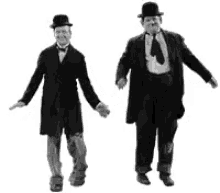EU snubs Poland by keeping Tusk in top post
-
Recently Browsing 0 members
- No registered users viewing this page.
-
Topics
-
-
Popular Contributors
-
-
Latest posts...
-
1
-
63
Community Indian Tourist and Woman in Beachfront Dispute
Police settled the matter on the spot, spot fine 2k police and 1k girl -
16
Crime CCTV Shows British Man Vandalising Pattaya Woman’s Home
Bar worker, but also on a normal dating app trying to have a normal relationship? And ... don't invite strangers to your home. -
60
Cost of alcoholic beverages in Thailand
You can always vote with your feet and more than once I looked into the drinks list once seated, looked at my wife, got up again and left. On the way out staff asked if/what was wrong and I politely replied that I came for a drink without any intention to become a major shareholder of the establishment. The bar in question might be in a tourist core of Bangkok and as old hands know "ฝรั่งรวย" which stands for "Foreigners are rich" 😉 -
46
Blood Pressure Measuring Universal Standard ?
My point is, the common excuse for not pulling themselves together is their life trauma of losing a parent in young age because of illness. That’s why they continue to have an unhealthy lifestyle because they see no point in changing the family history -
320
Those of you who live on 40k a month
Yip, overrated and under used but you're correct some people seem to wear it as a badge of honour for some peculiar reason.
-
-
Popular in The Pub










Recommended Posts
Create an account or sign in to comment
You need to be a member in order to leave a comment
Create an account
Sign up for a new account in our community. It's easy!
Register a new accountSign in
Already have an account? Sign in here.
Sign In Now